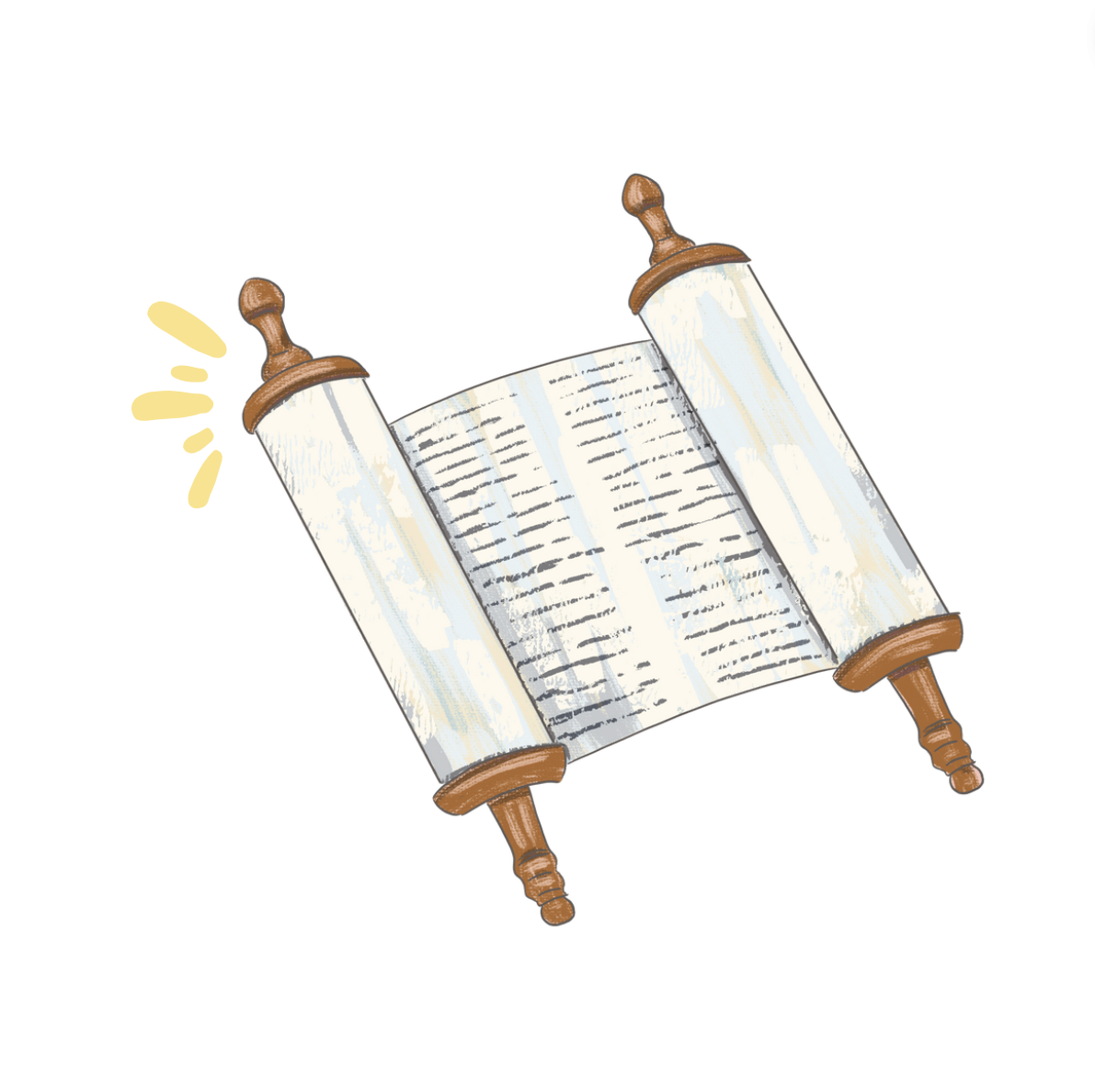| This week, we begin a new book of the Torah, and our perspective changes. We have completed the Book of Genesis (called Beresheet in Hebrew), and this Shabbat, we will begin the Book of Exodus (called Shemot in Hebrew). Though the world is created at the beginning of Genesis, most of the book focuses on the story of the first Jewish family: Abraham and Sarah; Isaac and Rebecca; Jacob, Rachel, and Leah; Joseph and his descendants. Throughout this book of the Torah, we look inward, focusing on the special relationship that God forges with this family, and the complicated dynamics—including intense rivalries and reconciliations—that emerge among its members. But as we begin the Book of Exodus, we begin to look outward. We shift away from a focus on a single family. Instead, we learn about a large society: The powerful Pharaoh; the Egyptian elite; and the enslaved Israelites. This is an unjust and broken society, where one group benefits from the abuse of another. Throughout the Book of Exodus, we follow the Israelites on their trajectory as they escape a precarious life of slavery in Egypt (Mitzrayim, the Hebrew name for Egypt, comes from the word tzar, which means “narrow” or “constricted”) and begin to build a world of freedom based upon the laws of God. By the end of Exodus, the Israelites are no longer a small family, but a large collective, tasked with creating a society of justice in which the Divine spirit can dwell. We retell this story of the exodus from Egypt each year during our Passover Seder. This ritual serves to teach the next generation—and to remind ourselves—of the Jewish dream of a fair and sacred society, and of the Jewish obligation to take the necessary steps to transform that dream into a reality. On Monday, we honor the legacy of Dr. Martin Luther King Jr., who, along with countless other leaders and activists, fought for civil rights and greater racial equality. Like that of the ancient Israelites, our nation’s transition toward more freedom and equity for all has been challenging, and the work is nowhere near complete. But Dr. King was a religious leader, whose work was inspired and anchored by the narrative of the Book of Exodus, and whose faith allowed him to imagine a world different from the one in which he lived. His famous I Have a Dream speech, which can perhaps more accurately be called a sermon, is brimming with biblical references, not the least of which is his declaration of hope, which comes from the 23rd Psalm: “Let us not wallow in the valley of despair.” Just as the Passover Seder is a reminder of our religious obligation to work toward a society free of discrimination and abuse, Dr. Martin Luther King Jr. Day serves as a reminder of our American obligation to reckon with the injustices of our nation’s past and present. It is an opportunity to recognize how much work there is still to do. And it is a chance to commit ourselves to building a society that recognizes and honors the inherent sanctity of all people. If you are interested in reading and learning in honor of Dr. Martin Luther King Jr. Day, I recommend reading an article entitled I Have a Dream: Martin Luther King Jr.’s Biblical Prophetic Speech, by Dr. Marc Zvi Brettler, which analyzes the biblical quotes and devices that Dr. King used in this magnificent speech. If you are looking for a community service opportunity over the weekend, UJA has a number of meaningful volunteer activities. This Shabbat, as we enter the Book of Exodus, we turn outward, and orient ourselves toward the concerns of an entire society. On Monday, we also turn outward, reminding ourselves of our Jewish and American responsibility to heal the brokenness in our own society. Wishing you a Shabbat shalom, and a meaningful Dr. Martin Luther King Jr. Day, Deena |
Looking Outward | Dr. Martin Luther King Jr. Weekend


I have read your article carefully and I agree with you very much. So, do you allow me to do this? I want to share your article link to my website: gate io